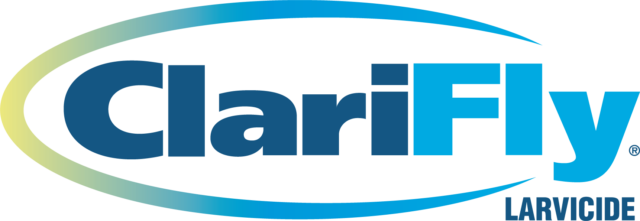The Skinny
A quality anionic supplement isn’t the only important ingredient in your pre-fresh ration. Your protein source matters, too.
SoyPlus provides a high-quality, cost-effective solution to meeting crucial metabolizable protein needs of transition cows.
Recent research further supports the importance of meeting metabolizable protein (MP) needs of pre-fresh cows.
A good pre-fresh diet should keep cows eating, maintain rumen fill, provide adequate fiber and contribute enough MP to meet both fetal growth and the needs of the cow. (Recommendations are for 1200 to 1300 grams of MP for Holsteins.)
There are two possible sources of MP in the pre-fresh diet: rumen microbial protein and bypass feed protein. But, the capacity for microbial protein synthesis is often limited by a lack of fermentable carbohydrates in high straw, controlled energy or “Goldilocks” diets.
Utilizing bypass proteins in close-up diets can help meet MP requirements with less crude protein intake, which means less cost.
SoyPlus provides a great opportunity to spend less while achieving more during the transition period.
The Details
Recent research further supports the importance of adequate MP supply in the pre-fresh diet. According to Mary Beth de Ondarza, Paradox Nutrition, West Chazy, N.Y., pre-fresh diets should provide enough MP to meet the needs of both the cow and her unborn calf. Dairy producers should target 1,300 g/d of MP in pre-fresh diets. Restricted amounts of fermentable carbohydrates in many close-up diets limit microbial protein contributions to MP. Thus, additional MP from feeding bypass protein (RUP), rather than just degradable crude protein, is crucial to meet the cows’ MP requirements.
Supplying adequate MP with SoyPlus is just one key to building a successful DCAD ration. Another critical ingredient is a quality, consistent anionic supplement. Commercial anionic supplements are often selected based just upon their anion quantity and source, but it’s important to remember that they too are contributing protein to the diet. And it’s important to consider the type of protein that anionic supplements add to the diet as well.
SoyChlor is one anionic supplement that offers true protein to the diet. Unlike competitor products, SoyChlor is moderately high in RUP and contains no added non-protein nitrogen (NPN). Some anionic supplements are very high in crude protein, but the vast majority of it is in the form of ammonia.
Creating a quality close-up diet that will lead you to transition success requires careful consideration of every ingredient. In addition to meeting critical MP needs, Ondarza recommends pre-fresh diets should also meet the following criteria:
- Provide adequate energy to reduce fat mobilization and subclinical ketosis—about 1.4 to 1.5 Mcal NEl/kg DM
- Feed low potassium forages—keep dietary potassium at <1.3%, sodium at <0.15% and raise magnesium to 0.4% to improve calcium regulation
- Add a palatable anionic supplement to induce metabolic acidosis for increased sensitivity to the parathyroid hormone and better calcium response
- Include additives such as yeast, choline, niacin and vitamin E
The transition period can feel like a challenge, but quality ingredients like SoyPlus and SoyChlor can help producers turn this period into a time of opportunity. Remember that an anionic supplement like SoyChlor isn’t the only important ingredient in the close-up diet. SoyPlus adds value and helps meet important MP needs that contribute to a successful transition.
The MP supplied to the pre-fresh diet is just one key to finding success. Learn more about Ondarza’s recommended four keys to transition success here.










